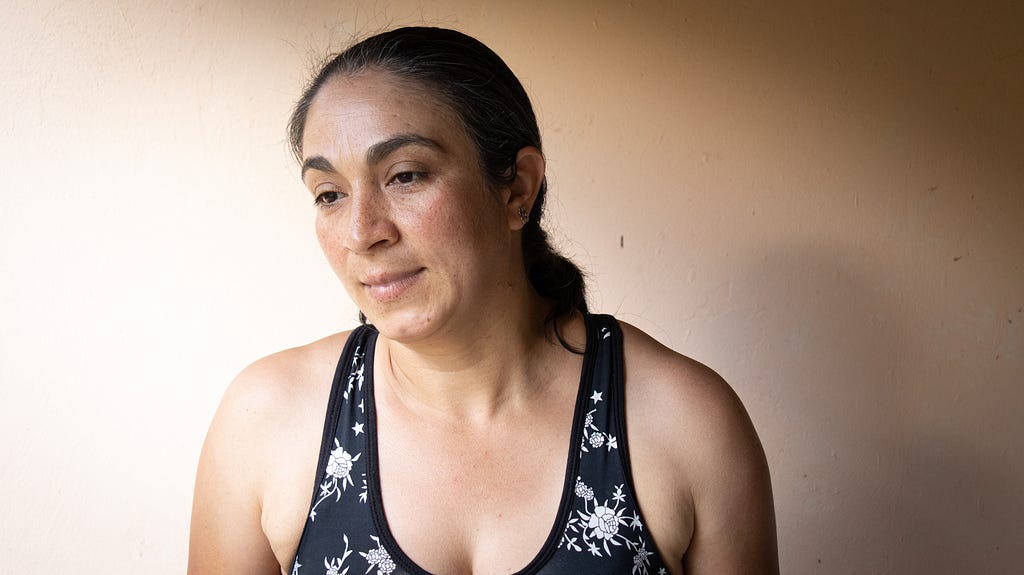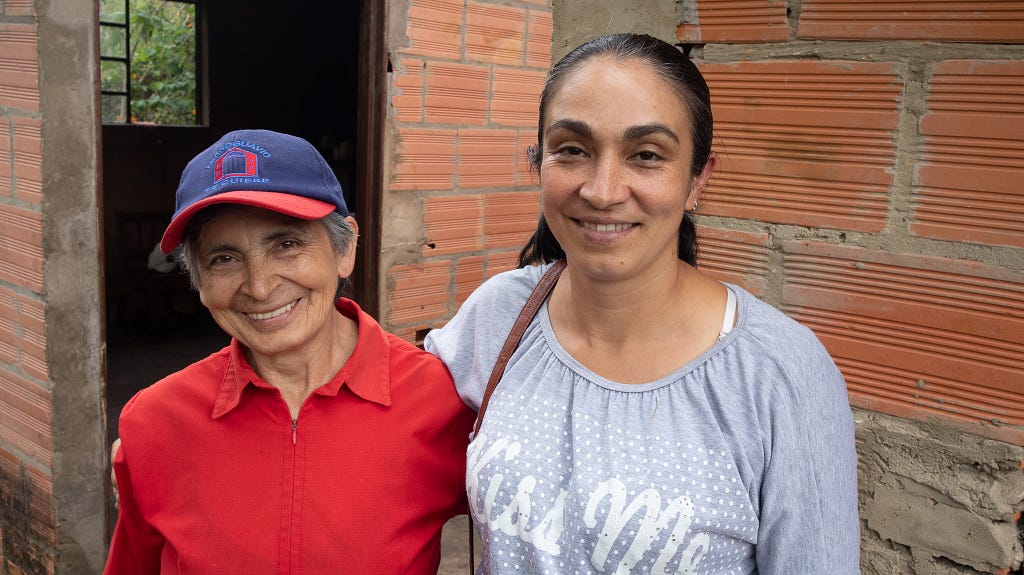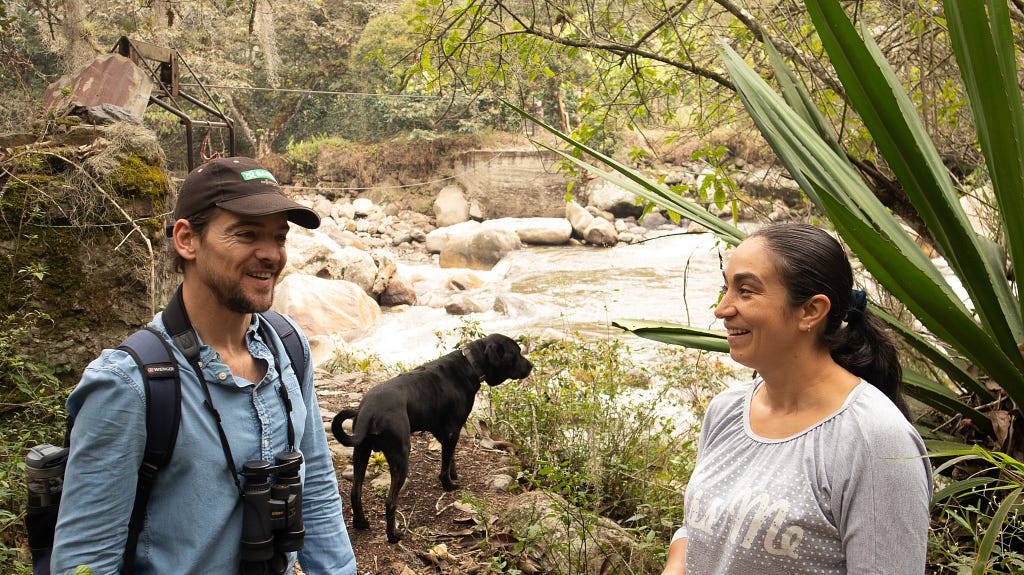
Our work supporting Colombian female coffee producers is continual, women who are heads of households, who work every day to bring us the best coffee beans. This year, in celebration of International Women’s Day, we want to highlight Martha Obando who is the central figure of our Women in Coffee series.
Our work supporting Colombian female coffee producers is continual, women who are heads of households, who work every day to bring us the best coffee beans. This year, in celebration of International Women’s Day, we want to highlight Martha Obando who is the central figure of our Women in Coffee series.
Obando, head of the coffee association ASOFINCAS in Gachetá, Colombia, has contributed to the recovery of the region after years of armed conflict. Her mission is to teach other coffee producers in her community more about harvesting high quality coffee, and, in turn, helping them earn more money for the product they produce.
For the month of March, 5% of sales of La Mandarina coffee will be donated back to Obando so she can continue to grow her coffee farm, allowing her to attain higher sustained revenue in the not-so-distant future and thus greater well-being for her and her family.

We conducted an interview with Martha to learn more about her work and her coffee, La Mandarina.
You’re an entrepreneur, coffee producer and leader of the ASOFINCAS association. Can you tell us about the role that coffee plays in your life?
For me, coffee has been present in every aspect of my life since I was a little girl. This awakened an interest to want to learn more about it, all the way from the seed to the harvest to post-harvest processes and especially recently about the commercial aspect. Learning about the business of coffee post-harvest has helped me in my personal projects, as well as on a community level working with the association (ASOFINCAS) to help others get a more fair price for their product and to learn more about what happens post-harvest with their coffee both in our community and in the rest of the country.
How do you work together with Devoción?
It’s been four to five years since I started working with Devoción, when they visited the region I live in. From then on, we began not only a business partnership, but a friendship as well where I’ve had the opportunity to learn more about post-harvest processes and the added value that coffee has. This has helped me learn more about coffee and to see what we can achieve with coffee from this region, including mine. We can reach different parts of the world with our product thanks to Devoción. Devoción has been a great ally not only on a personal level but also to the association through the work we’ve done together becoming a benchmark in our region regarding price and differentiation as a result of the coffee quality we can find here.
Can you tell me more about the limited edition coffee “La Mandarina — Women in Coffee”?
To start off, my farm is called Los Mandarinos because we have a lot of mandarin trees on the property, so the name La Mandarina is very apt. My process begins with the harvest when coffee is produced mid-October towards the end of the year through the beginning of the next year. Before, coffee was processed in a more artisanal way based on previous customs from way back. Nowadays, it’s a more conscious process as we focus on producing coffee for consumers that stands out from the rest. That has made a difference because we process a coffee based on what coffee drinkers are looking for, starting out with only picking the ripest cherries and ensuring controlled fermentation, washing, and drying processes to deliver a great product with the right characteristics for consumption
What’s it like being a female coffee producer in Colombia?
I think from a woman’s point of view, the work we do as women is equal to male coffee producers because all you need is to have a taste for coffee, and the desire to do it, as well as putting in the labor, and willing to constantly learn about it and keep up with what goes on beyond simply harvesting coffee. The product itself and the industry are changing and these changes demand that we as coffee producers have to keep up with what coffee drinkers look for in their coffee. But most importantly, it’s about dedicating yourself every day to produce a great bean.

